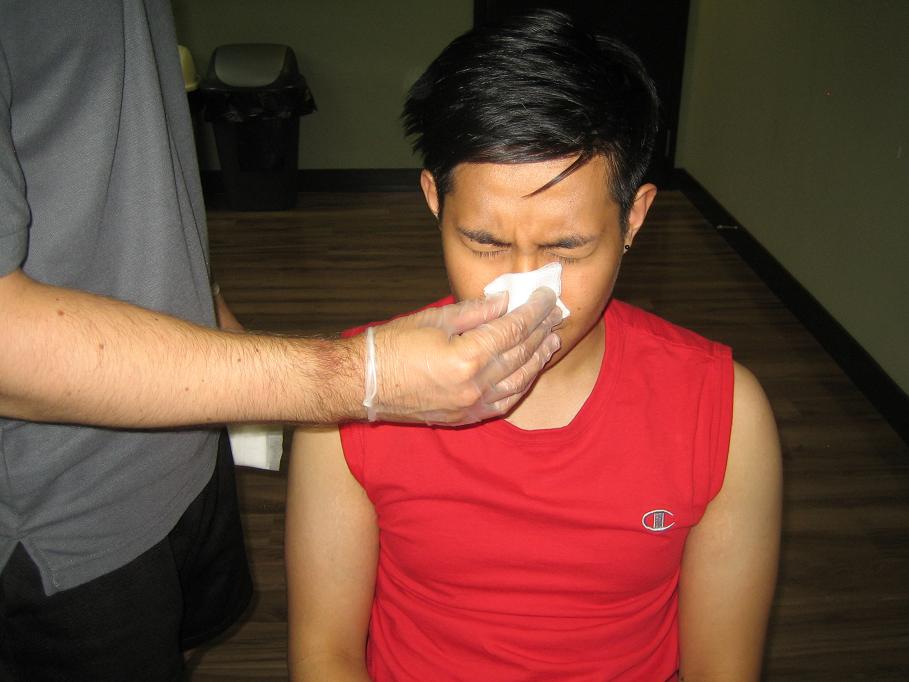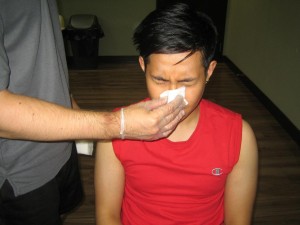A deviated septum is characterized by a nasal septum that is evidently crooked or misaligned that makes breathing difficult. The nasal septum is the bone and cartilage that divides the nose in half. Many individuals generally have minimal deviation but those who have severe deviation requires treatment.
What are the possible causes of a deviated septum?
Most individuals are born with a minimally crooked nasal septum but it is not even noticed. In some cases, the deviation is evident early in life.
Some individuals develop a deviated septum after sustaining trauma to the nose such as while playing contact sports, vehicular accidents, trips and falls or simply a bump.
What are the indications?
In most cases, there are no symptoms at all, but some might have the following:
- Nosebleed
- Blocked or obstructed nose which might involve one nostril or change from one nostril to the other
- Frequent sinus infections
Blocked or obstructed nose which might involve one nostril or change from one nostril to the other
There are some individuals who experience generalized symptoms such as facial pain or headaches, noisy breathing while sleeping and disrupted sleeping pattern.
How is it diagnosed
The doctor will assess the individual and might utilize a nasal endoscope which is a long tube with a light at the tip to visualize the back part of the nose.
Remember that nasal congestion can be triggered by conditions other than a deviated septum. An individual might have a different form of structural issue within the nose, allergies or a chronic case of sinusitis. In rare instances, bleeding and obstruction can be indications of a nasal tumor.
Management
There are specific medications that are designed to allow the individual to breathe via the nose to manage the symptoms of a deviated septum such as the following:
- Antihistamines
- Decongestants
- Nasal corticosteroid sprays
In case medications are not effective, surgical intervention might be required to straighten the nasal septum. In some cases, surgery that involves the reshaping of the nose (rhinoplasty) might be required. Even though surgery is typically safe, there is a minor risk for complications such as infection, bleeding or numbness around the nose or front teeth.
Prevention
Many individuals with a deviated septum are born with the condition. Nevertheless, there are measures that can prevent nasal injuries by using a seatbelt while driving and wearing a helmet during contact sports.


